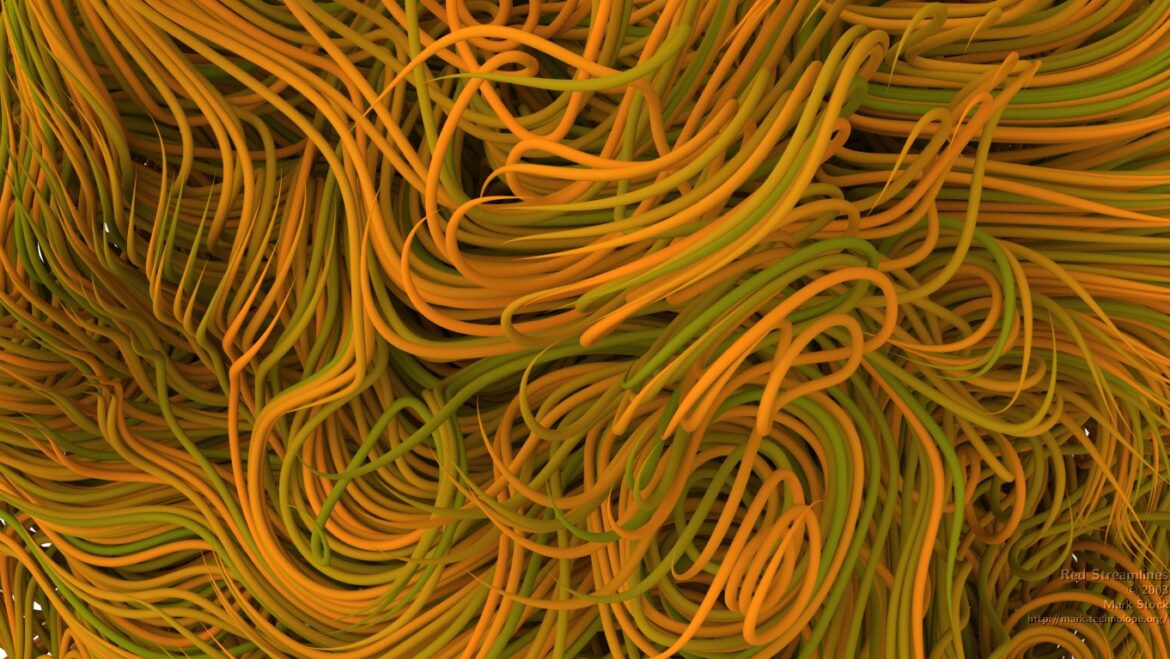WLLN #3
After finishing college, students would be excited, ready to pursue their dream jobs, spend time with family if it was hard to do before and many more things. However, they soon realized about something that has been with them ever since they began college, debt. They could have possibly gained around 20,000 or maybe even 40,000 in debt, it being dependent on their situation. This debt that students are having is called student loan debt, it’s when they use up loans which then leads to them having to pay back the loaner, the ones who gave them the loans. The main reason why some students use loans is because they need a lot of money in order to pay for college. It varies depending on the school the student goes to, their major and whether or not they gained enough credits to gain their diploma. They would need to make sure to pay back the debt which will take a long while to there being reports of some after 10 or so years out of college still paying it off. With that said, student loan debt should not be around because not only does it affect the students once they graduate, but it even affects them during school.
With student loan debt usually being something dealt with after college is done, doesn’t mean it does not fill in the heads of the students during college. This would then impact things for students in college, that being their grades. There have been some studies done to show this, an example being with the Montana University System (MUS), they used the school to gain data to check their theory. Their theory being that student performance is affected by what they choose to help them get into colleges. Their discovery was that students do perform better when they don’t use loans, it’s shown in their GPA (College Financing Choices and Academic Performance). Another instance was when they used the Ohio State University’s 2014 National Student Financial Wellness Study, this would have them see the financial situation and other ones. This would then reveal to them that GPAs are lowered down and even how long it takes to gain the degrees since they require credits but failing classes means that won’t be given to the students (Student Loans, Academic Performance, and Degree Completion). With debt having an effect on grades of the students, with that evidence it does how it has its toll on there. With their GPAs low it can also mean they could gain more debt since they need to enter more classes to get credits but to do that they need money. Now having gone through all of that in college, they still have to actually deal with it front and center once they graduate which already has some effect on them.
Having now made it out of college, students are now having to confront the debt they had made due to the loans they picked up. This debt would have some repercussions on their lives now being adults. Examples being they can be stressed out while paying over the debt. It’s shown with how people in debt are said to stay in jobs that they would rather not be, not see family, start a family (The Psychological Toll of Student Debt). Now having stress alongside there, they aren’t even able to safely know what will happen to them financially. This instance was shown with James Rudert, with him having graduated from college, he wanted to go and help in a non profit organization that helps disabled veterans. However, he has debt to pay off which then adds to him wanting to help out. It had him do both in order to pay off the debt but it’s shown he wasn’t able to get a house and doesn’t know what the future holds financially speaking (Few graduates working in public service have received expected break on loans). With all of that, the effects once they leave college can be being stressed out due to circumstances they are in like jobs or even not being able to do stuff they wanted to do.
Student loan debt is something many students should have to deal with due to the effects it can cause on them in and out of college. Their own grades and even reaching to get their degree can be impacted. Their grades would be lowered down and it takes awhile for them to get their degrees meaning they have to spend more money to attend classes. Once they are out of college they then have to deal with the debt now. This can severely affect their mental health with having to put hold of things they like and be in jobs they probably wouldn’t even like to have. Having all of that, student loan debt should not be around because it only gets worse with how now the world has to deal with trying to fix the economy and dealing with inflation.
Citation
Stoddard Christiana, Urban Carly and Schmeiser D. Maximilian, “College Financing Choices
and Academic Performance” Gale Power Search, Gale Power Search, Fall 2018,
Eric Facer, “Student Loans, Academic Performance, Degree Completion”, Weber, Weber,
J Geiman “The Psychological Toll Student Debt” The Center Law and Social Policy, The Center Law and Social Policy, 8 October 2021
https://www.clasp.org/blog/psychological-toll-student-debt/
Svrluga, Susan. “Few graduates working in public service have received expected break on loans.” Washington Post, 26 Sept. 2018. Gale Academic OneFile,
link.gale.com/apps/doc/A555804339/AONE?u=cuny_ccny&sid=bookmark-AONE&xid=4b33241b



